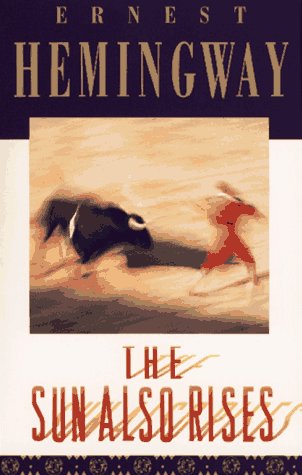
I have been meaning to read this book since the late 1990's but I just seemed to never get to it, so I finally did. I probably would have been better off having read it a while ago. I love reading Lewis's writing. It is at once elevated and accessible, I seem to find comfort in his grasp of words and his grasp of a theology of the people. To me he seems a brilliant man, with a knack for speaking to common man.
As he spoke of love I was convicted on many levels and had my eyes opened to the many threads that run through each type of love. Love is a complex thing, so complex that there are multiple types of love ranging from the love of friendships to the love of husband and wife, but even that is not a tidy enough way to categorize things. Each love is unique and requires its own finesse and intense study to master, as if mastery was the end goal. I now see that all levels of love require a commitment, the commitments are different, and the priorities you place on those commitments varies but the commitments are necessary none-the-less. Just as my marriage requires my attention daily, my friendships can not function at their optimal levels without similar attention. Obviously this will look different than my commitment to Emily, and my relational obligations will look differently with God. What people ask, enjoy, and need from you will differ, as will your ability and willingness to provide those things for them, but what can not differ is love. Love is constant, and as you may, or may not, have heard is able to cover a multitude of sins but Love without Jesus may be a love half delivered.
For me, I can not be the friend I am called to be, or the husband I am required to be, or the disciple I long to be, if the love I am cultivating for Jesus is not at the very least alive. There are times it may not flourish, even times that it struggles to breathe and grow at all, but it must be a true, honest, love of my King if any of my other loves are to prosper. That can be overwhelming, but so can love.


